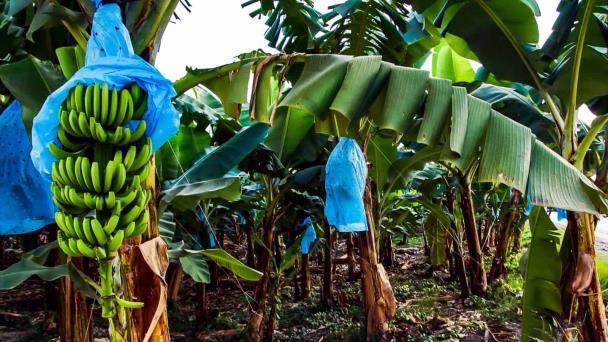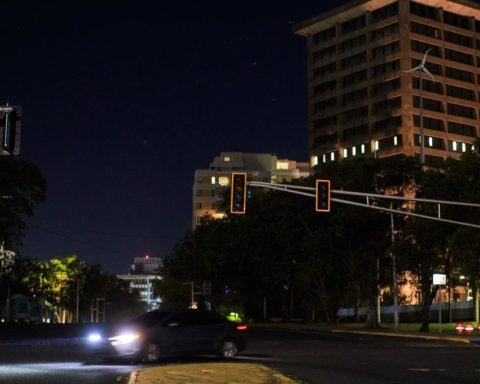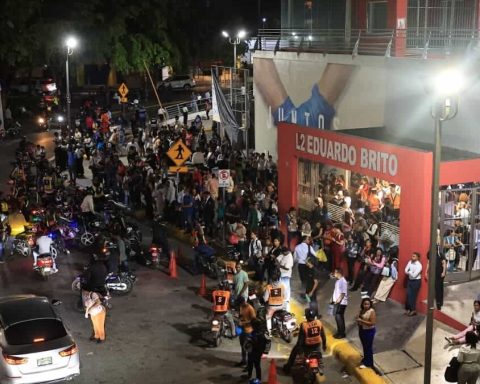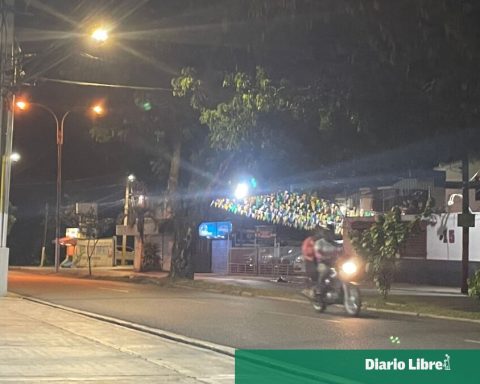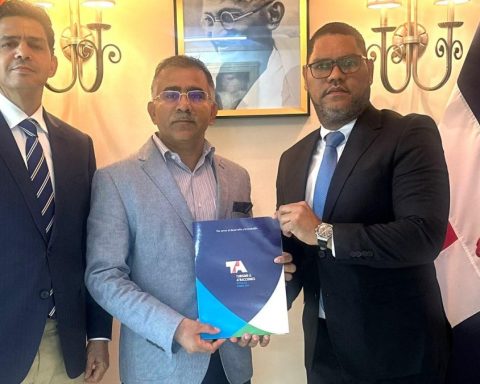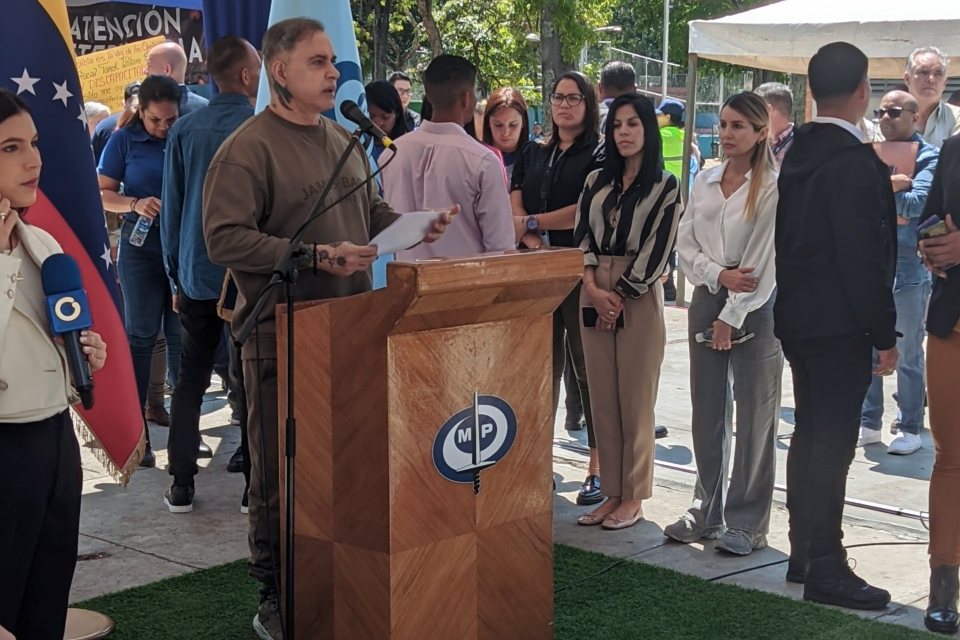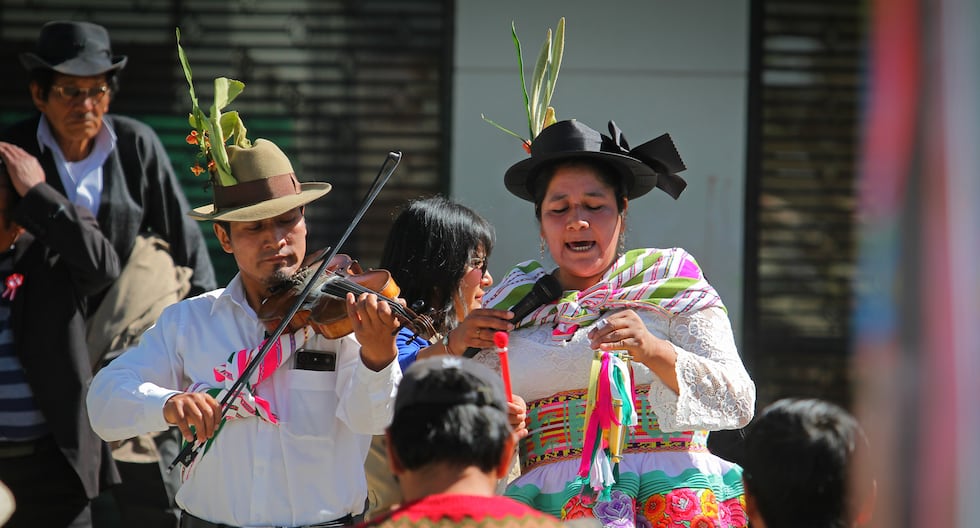For the farmers and Dominican customs operators, the process of export agricultural products to the European Union (EU) has become increasingly meticulous and demanding, requiring them to constantly update and review their agricultural practices.
In an attempt to foster an increasingly global agricultural activity sustainable and meet the demand for healthier products from its consumers, the European conglomerate has insisted on the adoption of new requirements that, for many Creole producersinvolves more bureaucracy and additional costs to regulate to what the market demands.
Further certifications for organic
When agriculture When it comes to organic, the Dominican Republic has been a pioneer in the positioning of banana and cocoa organic worldwide. These two items lead, in that order, the list of the 10 agricultural products most exported to the European Union.
The Ministry of Industry, Commerce and MSMEs (MICM) reports that exports of banana organic to this market generated revenues of 187 million dollars in 2023, while the cocoa organic totaled $75.2 million that year.
Generally, the producers of these items validated the origin organic of its fruits through a Certification issued in the name of the association of producers to which they were affiliated. European regulation was unspecific about how many members could form a guild producersor which of them should be independently certified.
This changed after the adoption of the regulation EU 2018/848 about production ecological and its labeling.
The regulations, which came into force in 2022, establish that each group of operators to be certified must have with a maximum of 2,000 membersin which case, none of them may exceed 5 hectares of exploited land (around 25 tasks).
“This would mean a change in the legal personality of the entities,” observed the commercial head of the mission of the European Union In the country, Luis Araque de Juan, who indicated that there will be some associations and cooperatives that will have to be formed into smaller units.
He also stressed that anyone who exceeds five hectares, or has a sales turnover that exceed $25,000 a yearmust now be certified as a single operator.
Becoming independently certified would “overnight” increase costs by just over $500 producersestimates the advisor for the Dominican Association of Banana (Adobanano), Hilario Pellegrini, a union that currently groups 1,400 producers banana growers.
![Agricultural exports to the European Union must follow more rules [object HTMLTextAreaElement]](https://resources.diariolibre.com/images/2024/07/23/banano-exportado--shutterstock.jpeg)
This adds to a scenario where the banana organic Dominican reduced its market share by 25% to European Union in 2023 after a decrease in its production.
The effects climatic adverse effects and the spread of mites that reduced the quality of the fruit represented “a hard blow to the sector of banana organic and fair trade,” reported the Center for International Cooperation in Agricultural Research for Development (Cirad) in a market report.
The crisis has been so strong for the sector that Adobanano estimates that 12% of the 1,896 producers Banana growers nationwide stopped producing because they sold their land to others. producers or they moved on to planting bananas.
The outlook is different for the cocoa: although the certifications might not pose a problem for the producers, Because they invoice less than 25,000 dollars a year from their sales, the truth is that not all of them are interested in certifying their social practices, complementary guarantees that are equally required by other European regulations.
The additional costs and the resistance of cocoa farmers to accept the technical and labor regulations They caused the National Confederation of Cocoa Growers (Conacado) to reduce its membership from 9,200 to just 4,500 in the last two years.
“The shortage of labor in the field (also) has promoted the use of herbicides in weed control, and the worst thing is that banned pesticides are used, both in production conventional as in organic“, laments its president, Isidoro de la Rosa.
De la Rosa pointed out, however, that the analysis of the cargoes of cocoa prior to their arrival at European ports, and the increase in supervision of farms, have prevented the arrival of cocoa contaminated to the European Union.
Tobacco growers: more taxes and the challenge of the traceability
For him tobaccothe third most exported agricultural product to the European Unionthe producers have had to face taxes higher (between 17% and 27%, in addition to country-specific tariffs) and the challenge of traceability of cultivation and its main derivative: the cigar.
“For small and medium-sized companies it is very difficult, for large companies it is easier to adapt in terms of traceabilitysince many tend to produce their raw materials and can have better control,” emphasized the CEO of Continental Cigar, Carlos Fernandez.
To carry out a proper traceability of the product, more information about the product is required, such as the amount and type of fertilizer applied, the specific territorial area of sowing, the age of the curing of the tobacco and the type of fumigation, which is required to be carried out in a cold chamber and not with chemical tablets, which adds an additional cost.
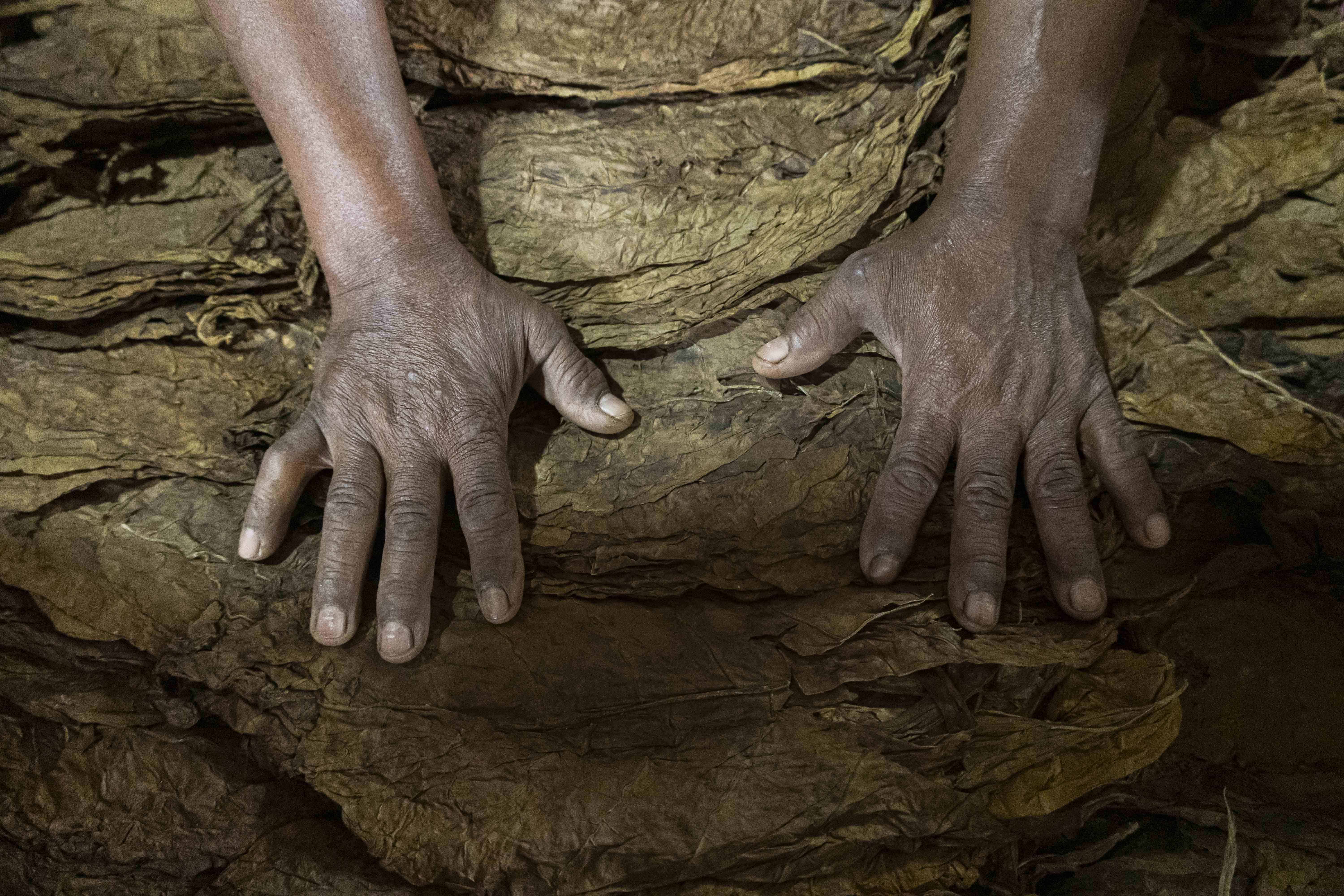
Following rising tax costs and demands from the European UnionFernandez told Free Newspaper that its exports to that market fell by 70%, which affected the company’s operations, which reduced its staff and increased its target audience in the United States and Australia.
Despite these challenges, the director of the Dominican Institute of Tobacco (Intabaco), Isidro Tavárez, points out that the country has taken significant steps in terms of Reduction of residues present in cigaretteswhich is taken into account by the European market.
He pointed out that in the Dominican Republic there are around 145,000 tasks planted with tobacco in around 15 different provinces, with a capacity of production of 2.20 quintals per task, for a production of almost 300,000 quintals of tobacco.
For cigar manufacturers, the most important regulation is the Tobacco Product Directive (TPD)which regulates labeling and packaging, as well as the ingredients of cigars that must be exported to the Twenty-Seven.
Cocoa and coffee would be ready for the diligence due
The entry into force of Regulation EU 2023/1115 from 2025 also poses questions for the exporters demonstrate, through a statement of diligence due, that their farms will be free of deforestation.
In this regard, De la Rosa explained that almost all exporting companies cocoa “they will be quite advanced” in the adoption of strategies to register the producers that they supply him and have their farms georeferenced before December 30, 2024, the deadline established by the regulations for third countries to adapt if they want to continue exporting.
Coffee is also moving in that direction, said the executive director of the Dominican Coffee Institute (Indocafe), Leonidas Batistawho indicated that 36% of the farms in the country – around 11,000 – are already georeferenced and registered on a digital platform that allows European buyers to obtain details about the farm, the conditions of the crop and to know who the buyers are. producers.
Waste chemicals to vegetables
According to the Rapid Alert System for Food and Feed (RASFF) of the European Unionthe country received six alert notifications between July 2023 and July 2024, following the detection of waste organic in vegetables and fruits that exceeded the limits established by European standards, two of them identified as “serious” and two others with “potential risk”.
Among the items mentioned are: vegetables as the eggplant, green beans and sweet peppersthree repeat products whose shipments had to be destroyed to prevent their commercialization.
However, the Department of Safety of the Ministry of Agriculture points out that these cases are the least: 350 shipments carried out between June 2022 and June 2024, Only six were rejectedwhich represents 1.71% of what was sent to the European conglomerate.
This, due to increased inspection controls prior to export, as part of a protocol plan executed by the institution.
As a result, Shipments have been destroyed before being exported and 12 exporting companies have been identified that had problems with these products.
Six of these companies were awarded suspended exports temporarily, until they demonstrated that the amount of pesticides present in the vegetables had been reduced.
In this way, the exporters Dominican farmers should be aware of the measures to continue to adopt the European Unionwhich are aimed at the inclusion of more certifications for small ones producersfurther measures of traceability and due declarations diligence with which to support the sustainability of the agricultural activity of the countries from which they buy, depending on the crop in question.
